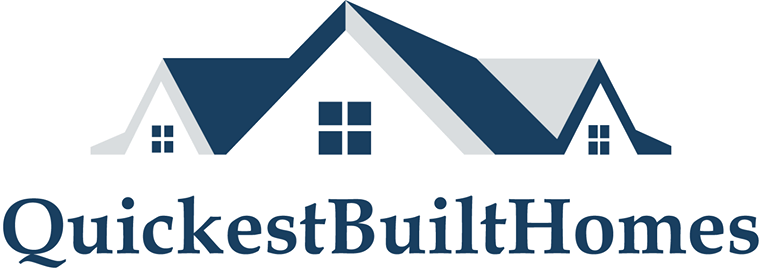Securing Lowest Interest Home Loans August 2020
Great Tips for successfully securing a home loan when self-employed
Many self-employed potential home buyer has come to believe that obtaining a home loan to buy or refinance a home is rather a long arduous process and almost impossible to secure one. In most cases, it is true simply because a lot of the self-employed people fail to arrange or provide a proper supporting document on time despite being in a position to support the investment repayments comfortably. Lenders are willing to give home loans to the millions of business owners across the country. So, these are the six basic steps that you need to know and consider if you’re self-employed long before you start your home loan application process.
- Get organised with your business books
Before you seek to obtain a home loan, get your business’s books in order. This will both help you understand what you can afford and it will help your lender qualify your income.
- Engage other financial professionals
Self-employed people are taking home loans every day and have been taking home loans for years. But in order for a self-employed business person to get home financing, the lender must be able to document sufficient income, assets, and credit. Often, a business owner can get caught in the middle of conflicting objectives – one objective is to show the ATO as modest income as possible within rights so as to minimise taxes, and second is to show the mortgage lender higher income in order to qualify for a home loan. It may be possible to achieve both goals, and that brings us to our next point.
- Consult with your mortgage broker or loan officer before lodging your tax return
It is easy to document the income of a salaried person. But as a self-employed person, most often your personal and business tax returns are the only document that will validate your income. Lenders typically look at two years of returns, so your most recent, or next, tax filing can have a profound impact on your ability to qualify for any home loan. If you are thinking about home financing on any level, engage your mortgage broker in a review of your tax filings, and together with your tax professional, form a strategy that allows you to meet most of your home financing goals if not all of them.
- Keep business and personal finances separate
Keep your personal and business records separate as much as possible. This will allow the home loan lender to accurately analyse your income, assets and credit. If your business has a vehicle that shows as a liability on your personal credit report, for example, your lender needs to know about this so that you’re not wrongly rejected for excessive debt to income ratio that should be on your business. If you plan to buy a home, it is best that your deposit amount is in a personal account and not in a business account. Again, the sooner you involve your mortgage broker in your plans, the more time you’ll have to properly document what is going on with both your personal and business finances.
- Plan for longer process time than usual
Getting a home loan if you are self-employed can be a long arduous process. It can involve more effort than if you were a salaried employee. So be prepared to help your lender make your case for full approval. Keep good records, be patient and accommodating to the lender. You are not being singled out and the lender’s inquiries are not personal rather an obligation on their part.
- Your business is your strength
If you plan to take assets or income out of your business to fund your home deposit, understand that the lender may seek proof to assure that, you are not going to hurt your business. In other words, if taking funds from your business to buy the house could threaten the financial strength of your business, and the business, in turn, is the source of your income and ability to repay the loan, you must be attentive to that fact and be prepared to demonstrate to the lender that financial harm will not be done by such action.
Summary
Australia’s economic vitality relies on small business owners and the self-employed workforce. It is a sad fact that these same individuals often face bigger hurdles when getting home loans to buy or refinance of a real estate property. Many have even come to believe that it is impossible to get a home loan if you are self-employed. This is certainly not true in every case and by following the steps above, you, as a business owner, can help your lender help you get the financing you truly deserve.


Permalink //
I like how you mentioned that you should keep personal and business records separate so the home loan lender can accurately analyze income and credit. My wife and I are preparing for a loan for our home and we were wondering how we could make the process easier for everyone. I’ll be sure to separate our expenses and records so the home lender can do their job easily.